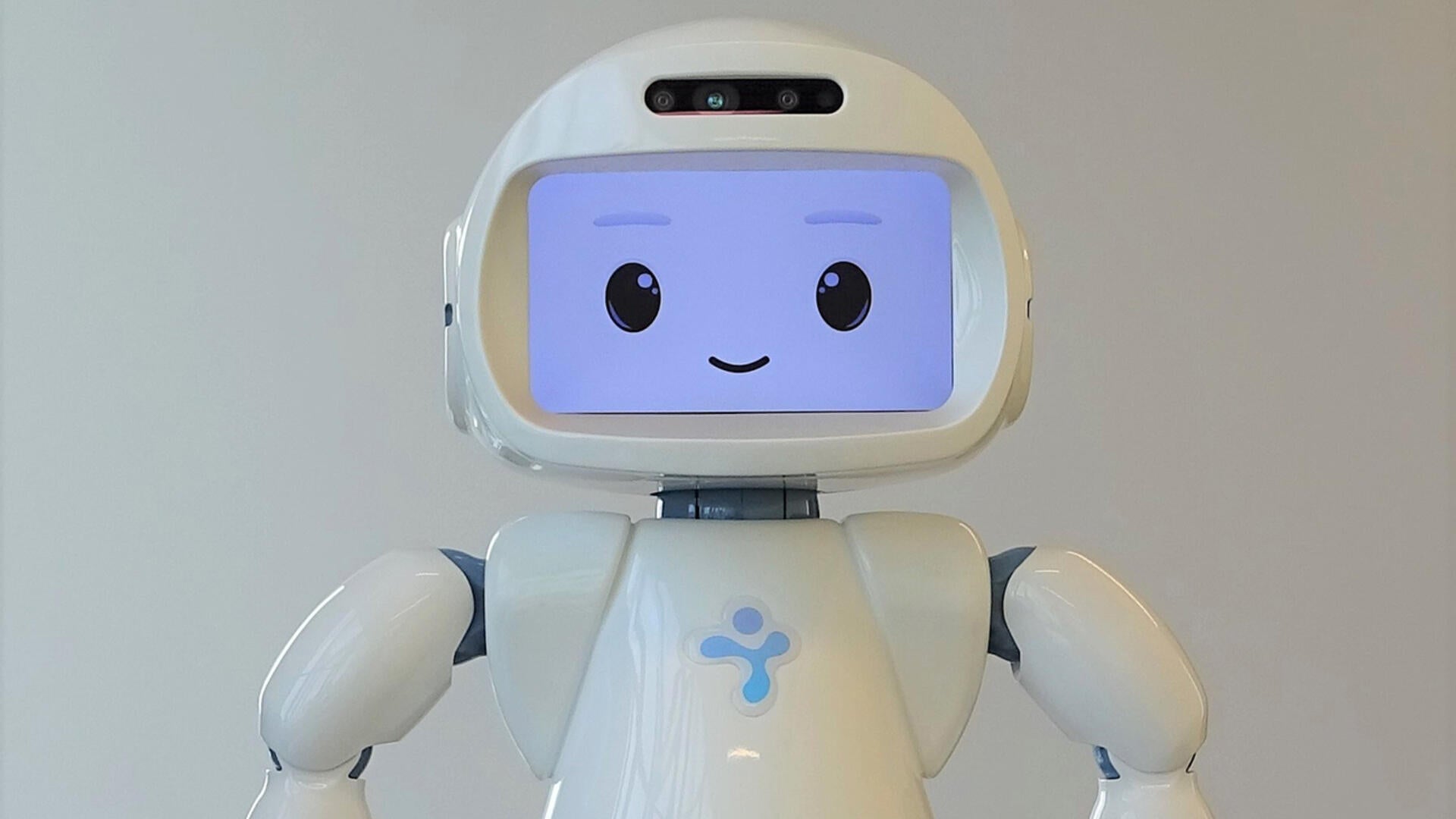Engineering researchers at the University of Waterloo are successfully using a robot to help keep children with learning disabilities focused on their work.
This was one of the key results in a new study that also found both the youngsters and their instructors valued the positive classroom contributions made by the robot.
“There is definitely a great potential for using robots in the public education system,” said Dr. Kerstin Dautenhahn, a professor of electrical and computer engineering. “Overall, the findings imply that the robot has a positive effect on students.”
Dautenhahn has been working on robotics in the context of disability for many years and incorporates principles of equity, inclusion and diversity in research projects.
Students with learning disabilities may benefit from additional learning support, such as one-on-one instruction and the use of smartphones and tablets.
Educators have in recent years explored the use of social robots to help students learn, but most often, their research has focused on children with Autism Spectrum Disorder. As a result, little work has been done on the use of socially assistive robots for students with learning disabilities.
